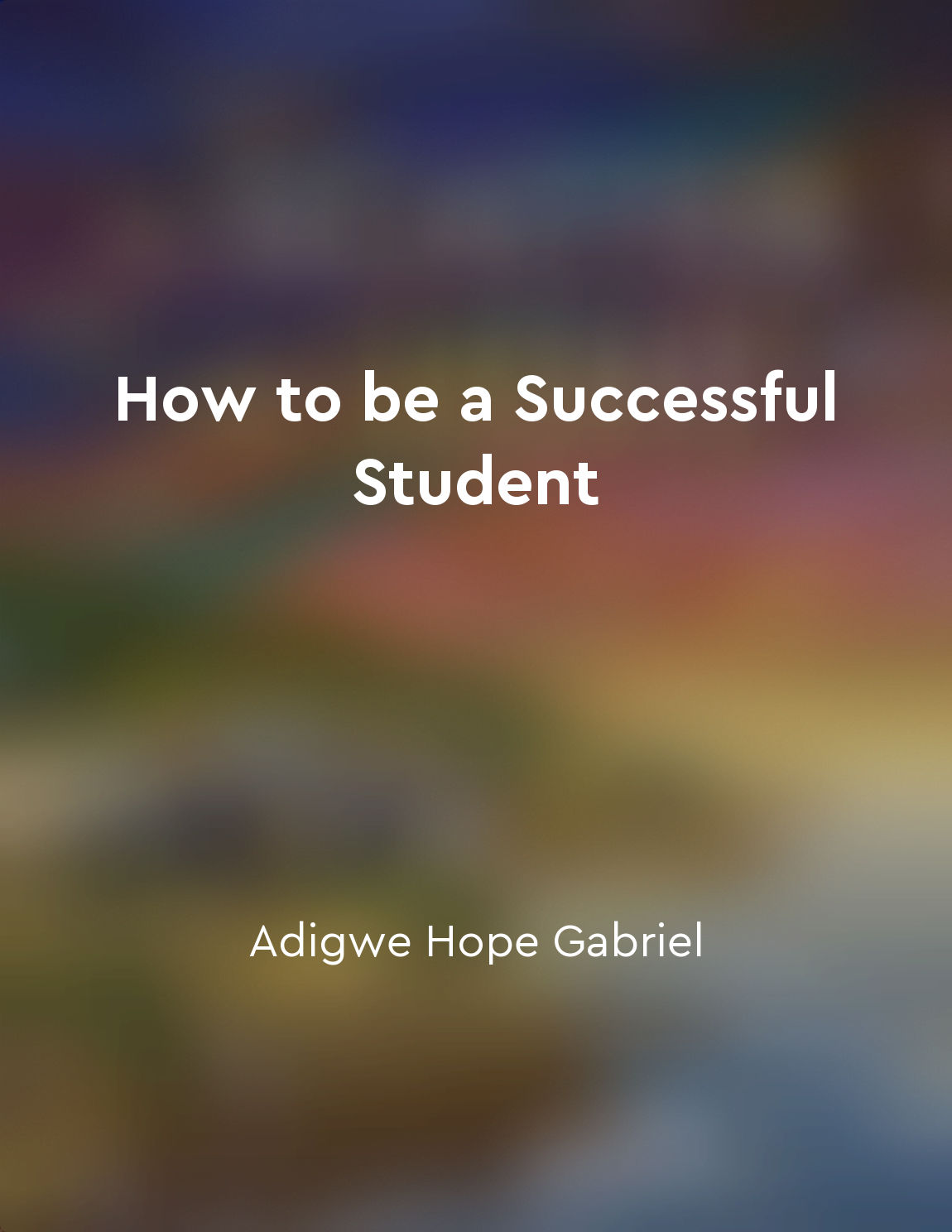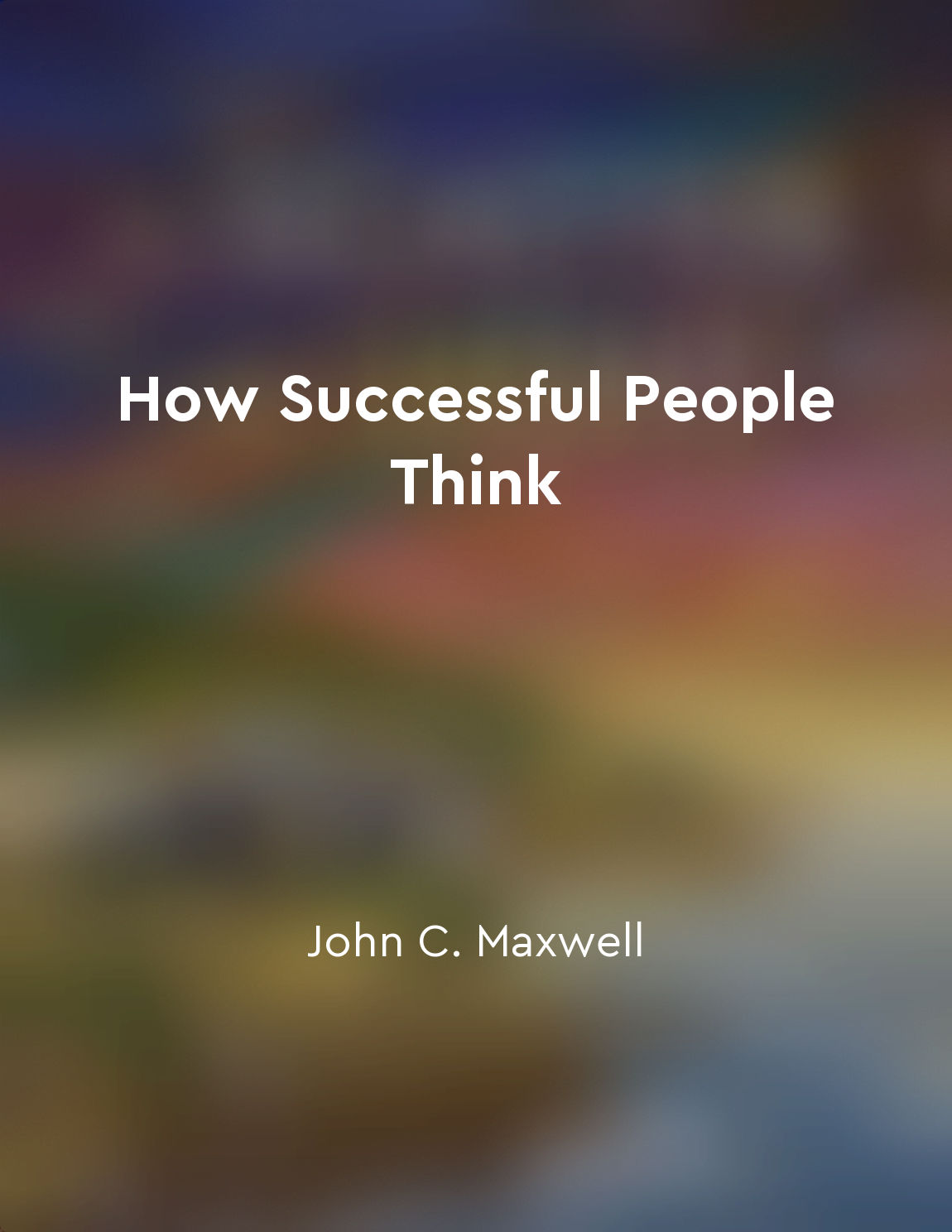Teach children to think critically from "summary" of Teaching Kids to Think by Darlene Sweetland,Ron Stolberg
Teaching children to think critically involves helping them develop the skills necessary to analyze information, make informed decisions, and solve problems effectively. It is about encouraging them to question assumptions, consider different perspectives, and evaluate evidence before forming opinions or making judgments. One way to foster critical thinking in children is to teach them how to ask thoughtful questions. By encouraging them to think about why things are the way they are, how they work, and what might happen if certain actions are taken, you can help them develop a curious and inquisitive mindset. This can lead to deeper understanding and more meaningful learning experiences. Another important aspect of teaching children to think critically is helping them develop the ability to evaluate information. In today's digital age, where misinformation is rampant, it is crucial for children to learn how to distinguish between reliable and unreliable sources, and to critically assess the credibility of the information they encounter. Furthermore, teaching children to think critically involves encouraging them to consider different points of view and to be open to new ideas. By exposing them to diverse perspectives and encouraging respectful dialogue, you can help them develop empathy, tolerance, and a more nuanced understanding of the world around them. In addition, teaching children to think critically involves helping them develop problem-solving skills. By presenting them with real-world challenges and encouraging them to brainstorm, experiment, and iterate solutions, you can help them become more resourceful, resilient, and adaptable individuals.- Teaching children to think critically is a multifaceted process that involves nurturing their curiosity, honing their analytical skills, fostering open-mindedness, and cultivating their problem-solving abilities. By empowering children to think for themselves and to approach the world with a critical eye, you can help them become more independent, engaged, and thoughtful individuals.
Similar Posts

Selfdiscipline is a valuable trait to cultivate
Self-discipline is a valuable trait that all successful students possess. It is the ability to control oneself and one's action...
We must reimagine and reinvent democracy for the 21st century
The urgent task before us is to reconceptualize and transform our democratic experiment in order to cultivate a more robust and...
Dependence on automobiles can erode urban vitality
In cities where automobiles dominate, the very fabric of urban life is often compromised. Streets once bustling with pedestrian...
Drawing logical conclusions
Drawing logical conclusions requires careful examination of the evidence and a thoughtful analysis of the information at hand. ...

Success starts with a mindset shift
Success begins with a shift in mindset. Your thinking determines your actions, and your actions determine your results. If you ...
The media plays a role in disseminating misinformation
In the current media landscape, the lines between fact and fiction have become increasingly blurred. The rise of social media p...
Incorporating practice for mastery
The key to mastering any subject is practice. This is not just any kind of practice, but practice that is purposeful and intent...
Detailed explanations of complex concepts
The concept of detailed explanations of complex concepts is essential for a comprehensive understanding of various subjects. Th...
Belief in magic and the supernatural can be dangerous
The human mind is a fertile ground for beliefs in magic and the supernatural. We are drawn to the mysterious and the unexplaine...
Superstitions impede societal progress and scientific advancement
The prevalence of superstitions in our society has long been a hindrance to progress and advancement. These irrational beliefs,...


